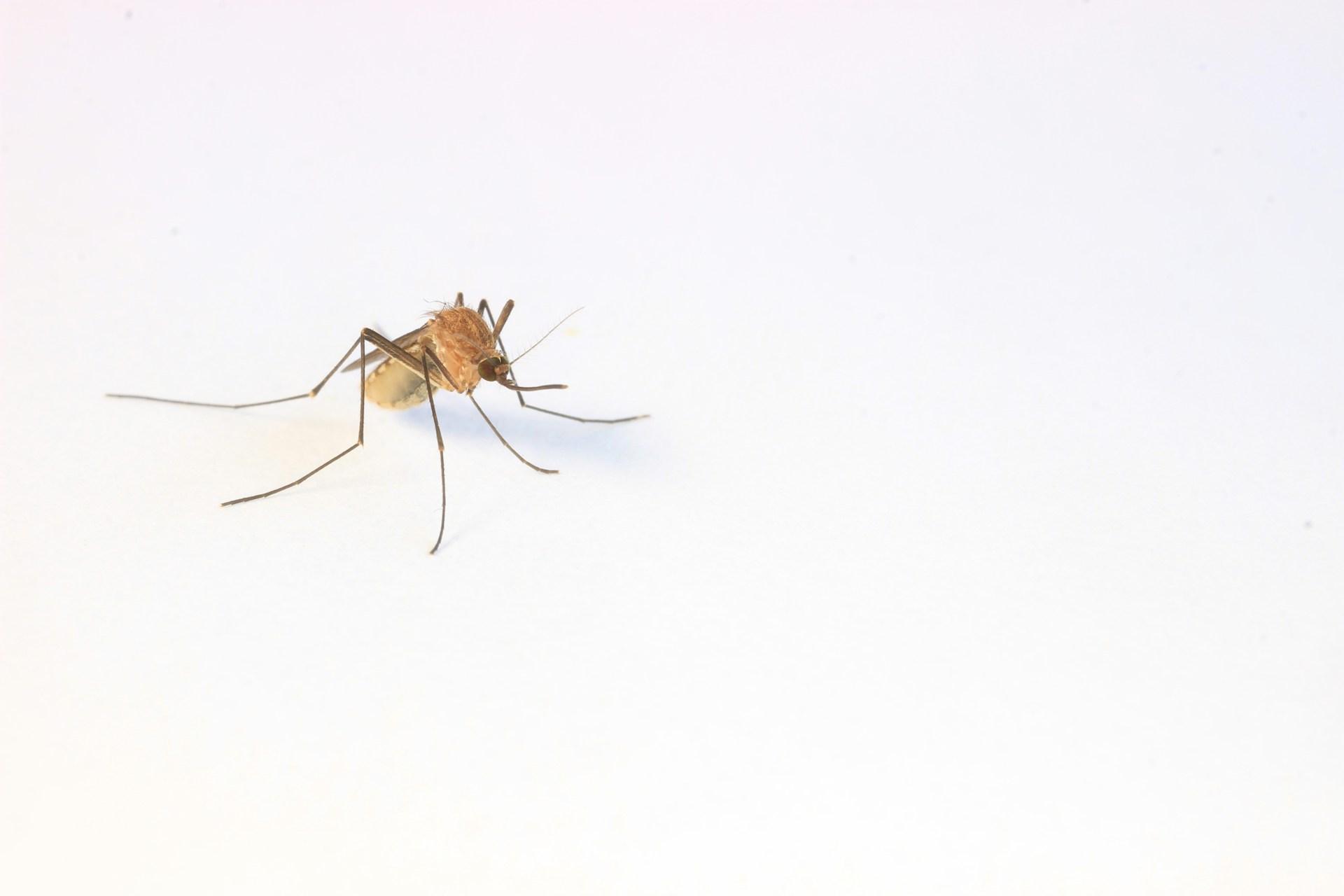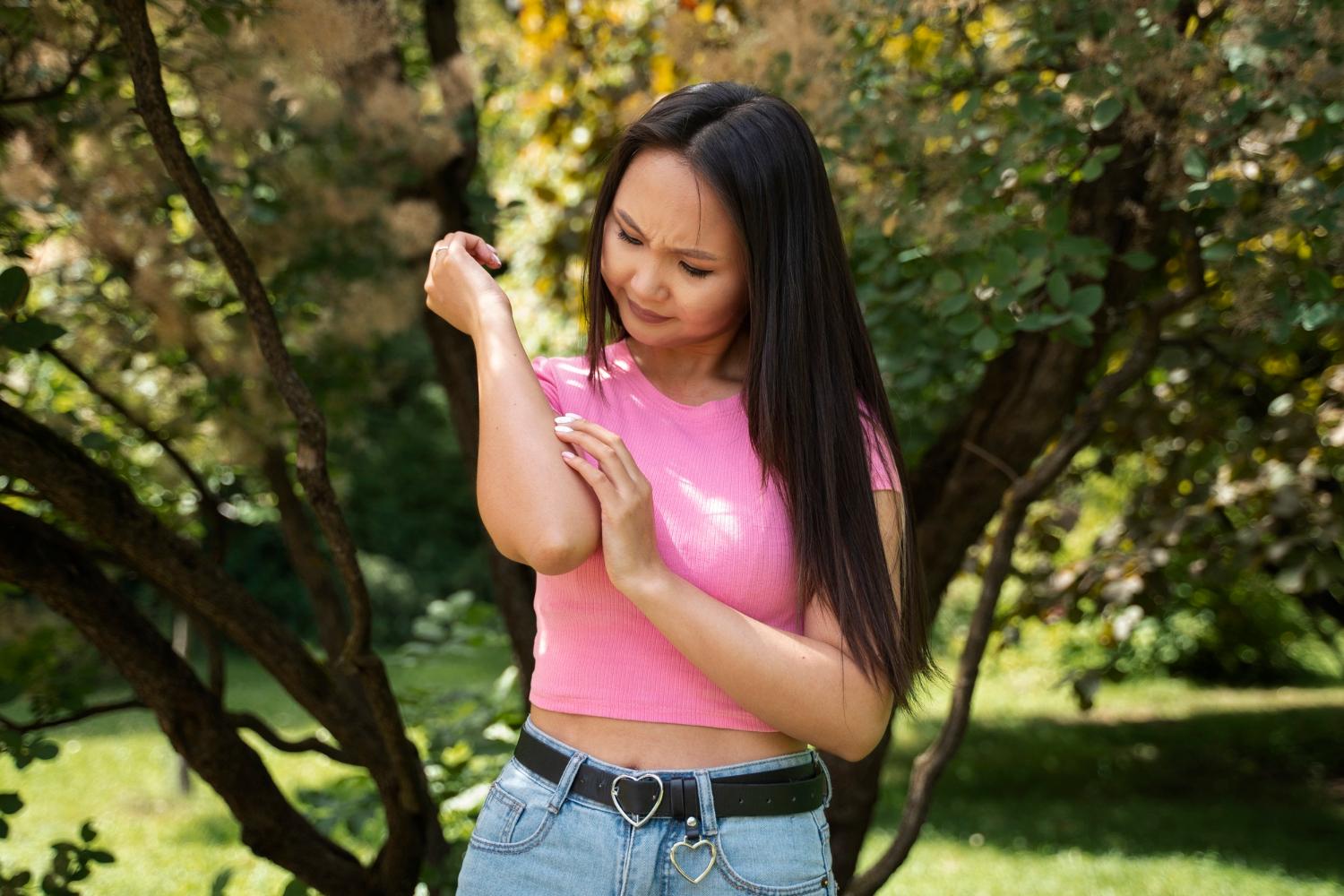Mosquitoes may be little insects but they can have a major impact on a human’s life. While they are common worldwide, they are mostly found in tropical and subtropical regions.
Despite their size, these tiny creatures pose significant health risks globally, from spreading diseases like malaria and dengue fever to causing allergic reactions and potential infections. They are also responsible for hundreds of thousands of deaths each year.
Mosquito bites are more than just itchy nuisances, and today, we uncover some reasons why they can be dangerous. Let’s get started.

Mosquitoes are not just irritating pests. They are carriers of several dangerous diseases that affect millions of people worldwide. These diseases are primarily transmitted through the bite of infected female mosquitoes, which inject pathogens into the bloodstream while feeding.
Some common diseases transmitted by mosquitoes include;
Malaria - Malaria is a major global health challenge, especially in tropical and subtropical areas. It is usually transmitted by Anopheles mosquitoes infected with Plasmodium parasites.
Dengue Fever - This is usually spread by Aedes mosquitoes, and is the most prevalent in urban and semi-urban areas of tropical and subtropical regions. Severe cases can lead to dengue hemorrhagic fever, which is a life-threatening condition.
Zika Virus - Recently emerged as a global concern, Zika virus is primarily transmitted by Aedes mosquitoes. Infection during pregnancy can lead to severe birth defects such as microcephaly.
Yellow Fever - This is another viral disease transmitted by Aedes and Haemagogus mosquitoes, causing fever, jaundice, and potentially fatal complications. Yellow fever vaccination is crucial for travellers going to the affected areas.
West Nile Virus - Spread by infected Culex mosquitoes, West Nile virus can cause fever, headache, body aches, joint pains, vomiting, diarrhoea, and rash. In severe cases, it can lead to neurological diseases such as encephalitis or meningitis.
When a mosquito bites, it injects saliva into the skin. This saliva contains proteins that can trigger allergic reactions in some individuals. Symptoms and severity levels of allergic responses are different.
Some people may experience mild reactions including localized itching, redness, and mild swelling around the bite area. These symptoms typically resolve within a few days with basic care such as cold compresses and anti-itch creams.
Others may experience moderate reactions including more pronounced swelling that extends beyond the immediate bite area. In rare cases, mosquito bites can trigger severe allergic reactions known as anaphylaxis.
Symptoms for moderate and severe cases may include intense itching accompanied by discomfort and inflammation, widespread hives, difficulty breathing, swelling of the face or throat, dizziness, and rapid heartbeat.
Anaphylaxis may be life-threatening and requires immediate medical intervention.

Preventing mosquito bites is crucial in reducing the risk of mosquito-borne diseases. Effective methods range from personal protection to community-wide efforts in mosquito control. Some effective methods include;
Using insect repellents - Using EPA-registered insect repellents containing active ingredients like DEET, picaridin, or oil of lemon eucalyptus can effectively deter mosquitoes.
Wearing protective clothing - Wearing long-sleeved shirts, long pants, and socks when outdoors, especially during peak mosquito activity times like dawn and dusk, can reduce exposure.
Using mosquito nets - Sleeping under mosquito nets treated with insecticides like permethrin, provides effective protection, especially in regions where mosquitoes are prevalent.
Screening and sealing - This is a simple yet effective measure. Ensuring that your windows and doors have screens without holes can prevent mosquitoes from entering your home, ultimately preventing bites and mosquito-borne diseases.
Communities play a crucial role in helping prevent or minimise the effects of mosquito bites. Some community efforts in mosquito control include;
Controlling mosquitoes - Communities can reduce mosquitoes by eliminating standing water where they breed and using insecticides.
Educating the public - Teaching people about preventing bites and recognizing mosquito-borne diseases is another great community contribution towards mosquito control.
Working together - Governments, health groups, and communities should work together to control mosquitoes effectively.
If you want the latest information on the best Hotel Executive Club Lounges, Hotel Kids Clubs and other travel information, be sure to sign up for our free newsletter full of tips and great travel ideas.